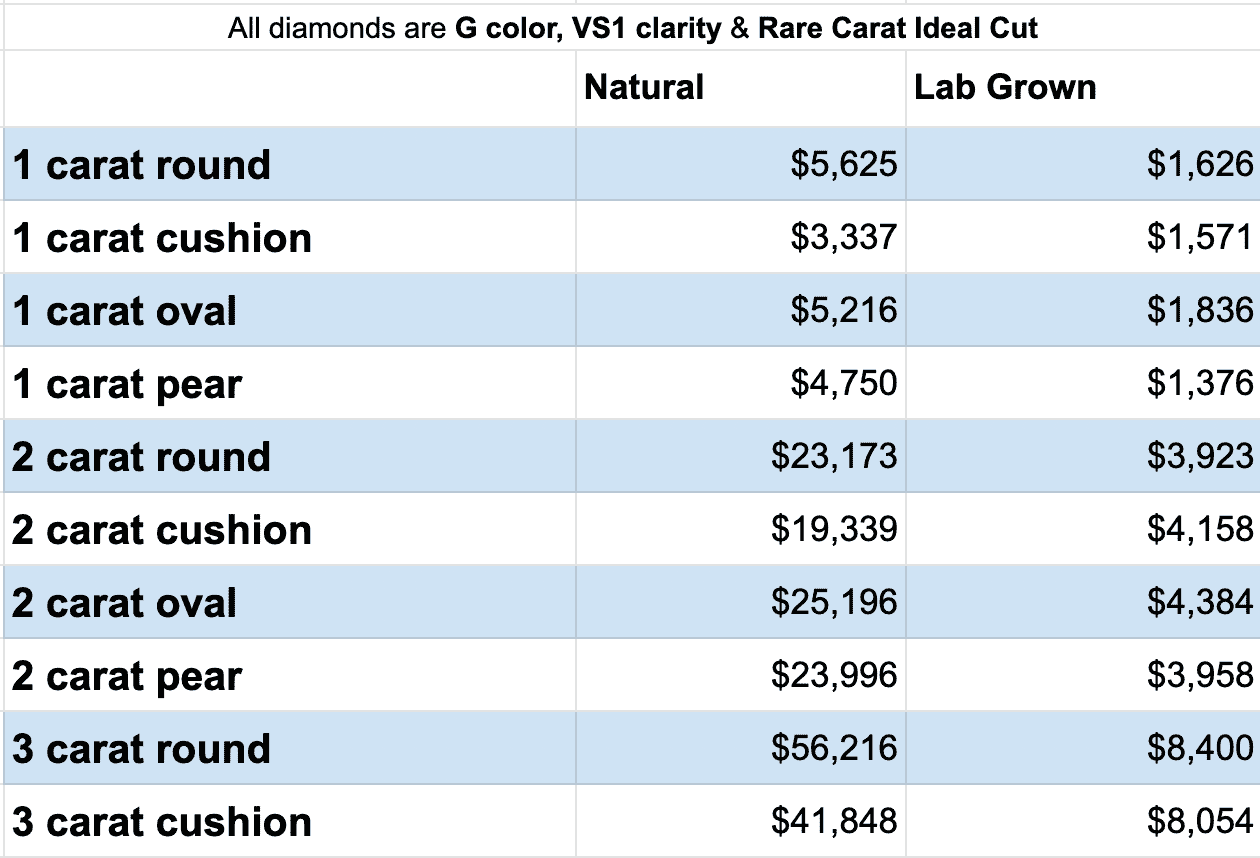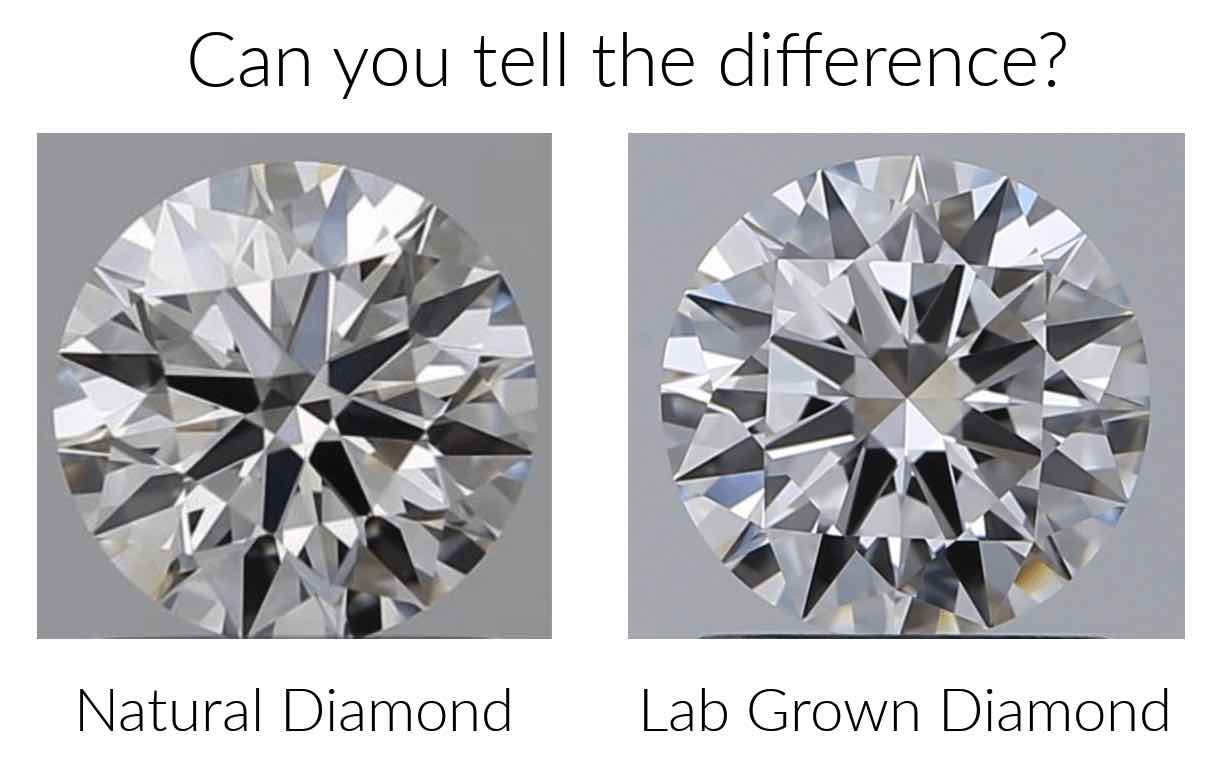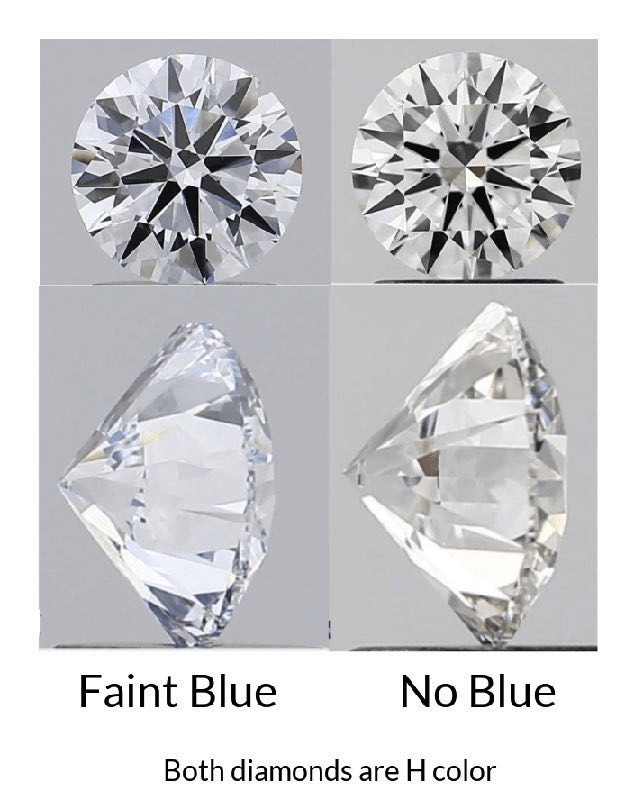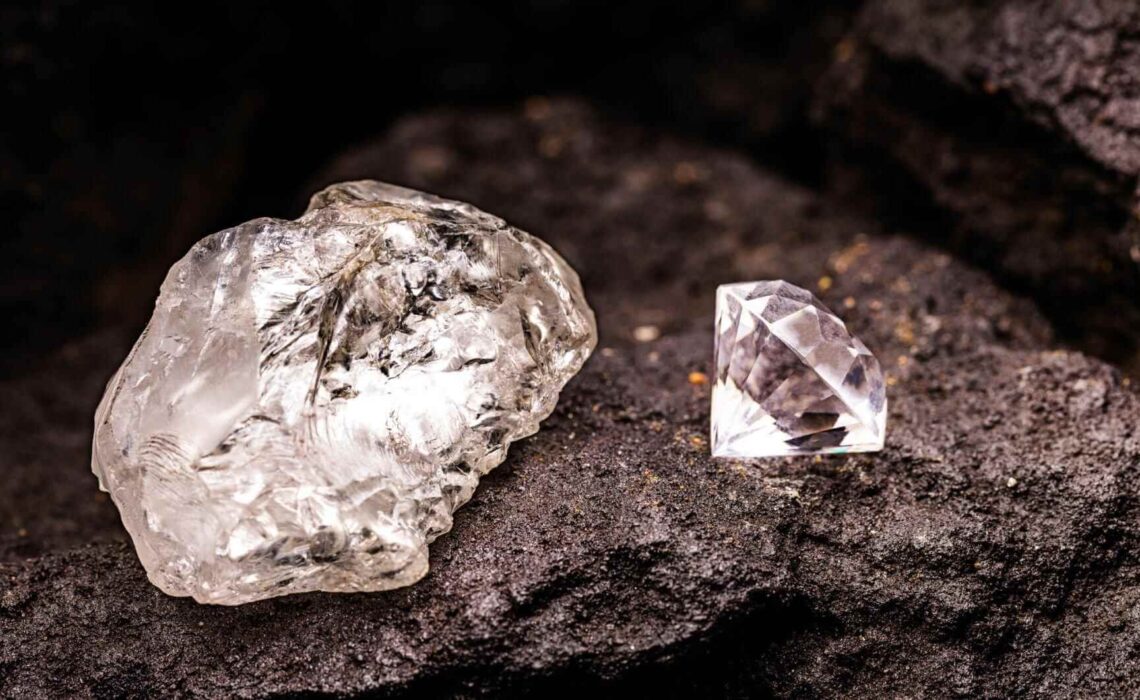Ethically sourced diamonds are produced under safe working conditions. Additionally, these gems do not involve human rights violations. Unfortunately, for those mined in unsafe conditions, it can be laborious to determine whether they are ethical or not. So how can buyers ensure the gems are ethical?
The best practice is to ask for GIA certificates to understand the origin. This guide will discuss where to buy lab-created diamonds and what to look out for.
Role of ethics
Table of Contents
The diamond industry supports charitable causes and upholds the virtues of sustainability. However, without ethics, the industry disturbs the livelihood of people. The role of ethics is to ensure these precious gems follow environmentally conscious mining and manufacturing processes.
What to look out for
1. Origin and journey
Those who don’t research the source of the diamonds may end up buying gems that fund civil wars. Lately, this issue has been blowing out of proportion. Some diamonds are mined to finance rebel groups; others are manufactured under inhumane conditions.
To start with, natural diamonds are formed under the surface of the earth. The process can take millions of years. While some companies use state-of-the-art technology to access these precious metals, others undertake unregulated mining. The latter requires hours of man labor. Since the rise of ethics in the diamond industry seeks to address the production process, many companies use digital equipment to help workers source these gems.
For lab-grown diamonds, the manufacturers should ensure the raw materials are sourced sustainably.
When there’s a lack of transparency on the origin of diamonds, ethical issues are likely to arise. That said, shoppers should avoid diamonds that lack accountability in the supply chain.
2. Don’t hesitate to ask the Jeweler
A general practice is to ask a jeweler where the diamonds came from. Therefore, shoppers should request a written guarantee on the environmental standards followed. While a sparkling diamond will evoke lovely memories, it should not be associated with the suffering of others.
Thanks to Rare Carat’s support of responsible mining practices, the company ensures the gems don’t violate human rights. This is one of the reasons why shoppers should choose rare carat rings.
3. Do your research
With background information on where the diamond came from, shoppers should confirm whether the environmental standards were followed. Are the mines well documented? Does the country follow strict labor laws?
Having established that the proceeds from diamonds do not support terrorism or other inhumane activities, shoppers can make their purchase knowing they have not violated ethical standards. When people buy certified diamonds online at rare carat, they can rest assured that they are supporting economic development.

4. Other factors to consider
Shoppers who don’t get into nitty-gritty details when sourcing for gems may end up with a diamond with questionable ethical issues. After all, some jewelers use sophisticated language to lure buyers. Some use the term `original’ and then charge more. But this is just a marketing gimmick. For those curious about where to buy lab-created diamonds, they should do a little legwork.
To avoid falling into the trap of such companies, shoppers should source diamonds from Rare Carats.
Are lab-grown diamonds ethically sourced?

Just like natural diamonds, lab-grown gems have the same chemical composition and meet the standards for quality. They are advertised as environmentally friendly and the best ethical alternative.
Since lab-grown diamonds are natural, they avoid shady interactions that could violate set ethical standards. For instance, they protect the environment from drilling and digging. Plus, the price can be significantly lower than their naturally mined counterparts.
Are Rare Carat rings ethically sourced?
Yes. Rare Carat has a zero-tolerance policy towards conflict diamonds. The company checks the source of diamonds before including them in its catalog. Additionally, the gems undergo stringent quality checks.
Another strategy the company uses to uphold the legitimacy of diamonds is ensuring the suppliers don’t violate the conflict-free diamond policy. Rare Carat terminates the contract of those who violate the set standards.

The company works closely with suppliers and can answer any questions shoppers may have about the gems. Since the diamonds are certified by competent gemologists, buyers can be confident they are acquiring a gem with no ethical issues.
Ethically sourced diamonds are produced in safe working conditions and follow sound environmental practices. Additionally, no child labor is used, and the workers receive fair payment. For environmental-conscious buyers, the easiest way to ensure the diamonds meet ethical standards is to shop at Rare Carat.
- How To Create A Safe And Comfortable Home Environment For In-Home Care In Boca Raton? - July 16, 2024
- 10 Trendy Black Nail Ideas To Elevate Your Nail Game - May 6, 2024
- Getting A Free Divorce In Virginia? Here’s What To Expect - April 24, 2024






No Comments